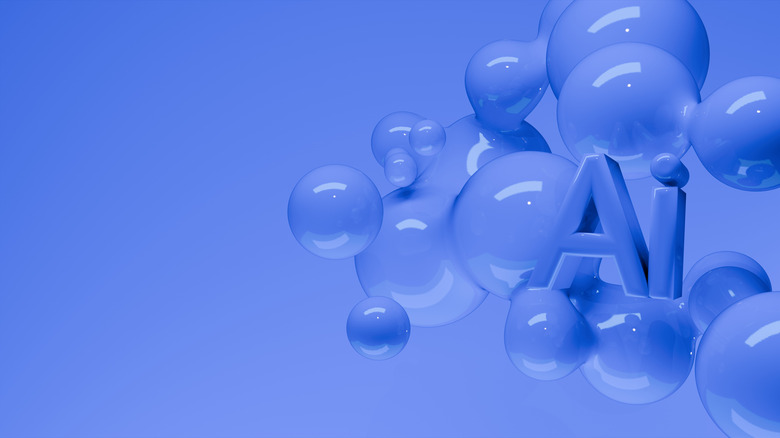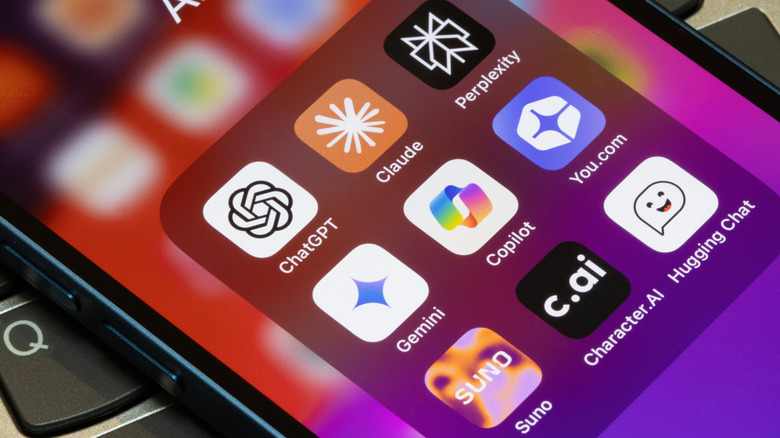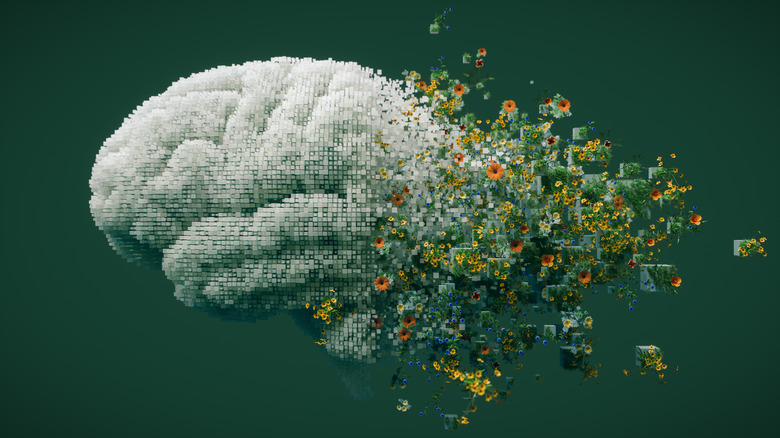'What Could Go Wrong?' Reddit Reacts To Historic 'AI Bubble'
"Meh, what could go wrong?..." one Redditor, u/Mountain_Dandy, sarcastically wrote in r/economicCollapse after being confronted by the reality that the 'AI bubble' has reached four times the subprime mortgage bubble of 2007. Investing in AI has become a priority for retail traders and giant corporations alike. Industry leaders like Oracle, Nvidia, and Microsoft have already poured billions of dollars into current and future AI projects and partnerships, seeking to stay at the bleeding edge — beyond cutting edge — of the technology and capitalize on its breakthroughs. This has led to a ballooning of value in the AI arena to an extent that has never been seen before. However, the last technology-driven stock market bubble that burst was the dot-com bubble, only it was 17 times smaller than current market undercurrents. Despite that, it still led to the loss of over 75% of the Nasdaq's value, plus the extinction of numerous industry players. The index took 15 years to climb back up to its pre-crash highwater mark, and when it was all said and done, losses to investors were estimated at a collective $5 trillion.
The stock market is inherently a place of speculation, a feature that all investors understand to some extent. Without this inherent risk — and a dose of what essentially amounts to randomness (but is probably more accurately a complex web of influential connections) — there would be no money to make in the market. However, overextension is a problem that can affect investors, businesses, and even consumers alike. With such enormous value being pumped into this singular component of the economy, is a burst looming?
There isn't room for multiple AI models in the market
While this conversation is relatively new, Redditors have been fairly vocal. One participant in the discussion, u/the_hucumber, noted that "there's a handful of huge companies all throwing money in gambling that their AI model will win and corner the market." It's hard to shake the gut feeling that the commenter was on to something real and frightening. While early internet users once routinely logged onto Ask Jeeves or AltaVista to find answers, today, Google owns over 90% of the global search engine market share — the end result of a total collapse in competition. If the same outcome occurs in AI, many companies will have sunk countless financial resources into potentially worthless products.
Jerome Powell suggested in October 2025 that AI spending "isn't a bubble," because the players involved "actually have business models and profits and that kind of thing," according to reporting by Fortune. However, in contrasting news, Jason Furman, a Harvard economist tweeted in September that investment in AI-related technological equipment stood at 4% of GDP and was responsible for 92% of GDP growth — a truly startling overextension that can't sustain itself.
Another Redditor, u/miskdub, suggests that "hyperscalers are hiding their losses in special purpose vehicles too, just like Enron!" If this is actually true, which reporting from outlets like Cresset Capital, Derek Thompson, and others appears to support, then the trouble looming ahead isn't just a natural overextension of capital leading to a correction but rather a cliffside under which vast levels of erosion are hiding.
We're asking the wrong questions when it comes to an AI breakout event
Financials aside, consumers are collectively asking the wrong question. AI provides a framework that could lead to less work for the typical employee. In a rosy, imagined future, this mighty create a shorter work week and more downtime to spend with family. In reality, AI is helping cut costs through mass layoffs and it's killing off small companies. It's foolish to think that replacing your workload won't replace you. Companies with AI access, like IBM's latest experiment, will use it to reduce one of their most costly expenses: Employees.
There's a reason science fiction is so often set in dystopian worlds. The very nature of the system demands that the owners of AI tools (i.e., not consumers) reap the rewards. But if no one is working, a radically different economic and sociopolitical order would need to take effect — something corporations will not likely want to usher in. However, this still hinges on the major assumption that AI can actually replicate human creativity and innovation. So we can expect to continue finding ourselves lost in a state of limbo between truly useful (and equitable) AI and trash offerings like 'the Metaverse,' a flop that offered solutions to problems that no real person actually experiences. In lamenting this status quo, u/Craic-Den put it simply: "Bubble go pop. Everyone suffers." "Yep," u/gigitygoat replied, "We'll be bailing them out again. Rugged individualism for us peasants, socialism for the capitalist."


